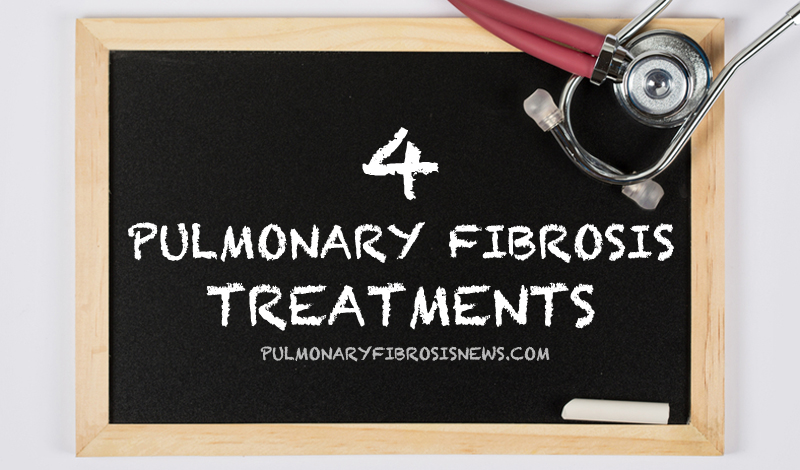4 Pulmonary Fibrosis Treatments

It’s widely known that genetics may be a cause of the development of pulmonary fibrosis, but in the majority of the cases, the cause is unknown — a condition known as idiopathic pulmonary fibrosis. Each patient tends to have an individualized experience with the disease, which can progress faster or slower from person to person. There is currently no cure for pulmonary fibrosis and patients often face a prognosis of three to five years after diagnosis. However, medication and other treatment options can help improve patients’ quality of life.
According to the NIH website, here are some of the ways pulmonary fibrosis can be treated:
1. Medicines: Unfortunately, there are no medicines available that can slow the progression of idiopathic pulmonary fibrosis. That said, there are some drugs which are used to ease the symptoms of the disease, for example, Esbriet (Prednisone), Ofev (Nintedanib), Azathioprine and N-acetylcysteine.
2. Pulmonary Rehabilitation: Is a recent standard treatment for people with lung diseases. The pulmonary rehabilitation program usually involves a team of specialists in a special clinic, whose main purpose is to teach you how to manage your condition and function at your best.
3. Oxygen Therapy: When suffering from a lung disease, it’s expected that your oxygen levels may decrease sometimes. If the amount of oxygen in your blood gets lower that it usually is, it’s probably a sign that you may need oxygen therapy. This treatment – or therapy – can help you reduce your shortness of breath and allow you to be more active.
4. Lung Transplant: Not everyone is eligible for lung transplant. After discussing it with your doctor and if you have a positive answer, this can be a treatment option. Your doctor may recommend a lung transplant if your condition is quickly worsening or very severe. But like every surgery, lung transplant has its risks and complications, the most common being rejection and infection.
Learn more about pulmonary fibrosis: https://bit.ly/1VElTQA
Pulmonary Fibrosis News is strictly a news and information website about the disease. It does not provide medical advice, diagnosis or treatment. This content is not intended to be a substitute for professional medical advice, diagnosis, or treatment. Always seek the advice of your physician or other qualified health provider with any questions you may have regarding a medical condition. Never disregard professional medical advice or delay in seeking it because of something you have read on this website.







